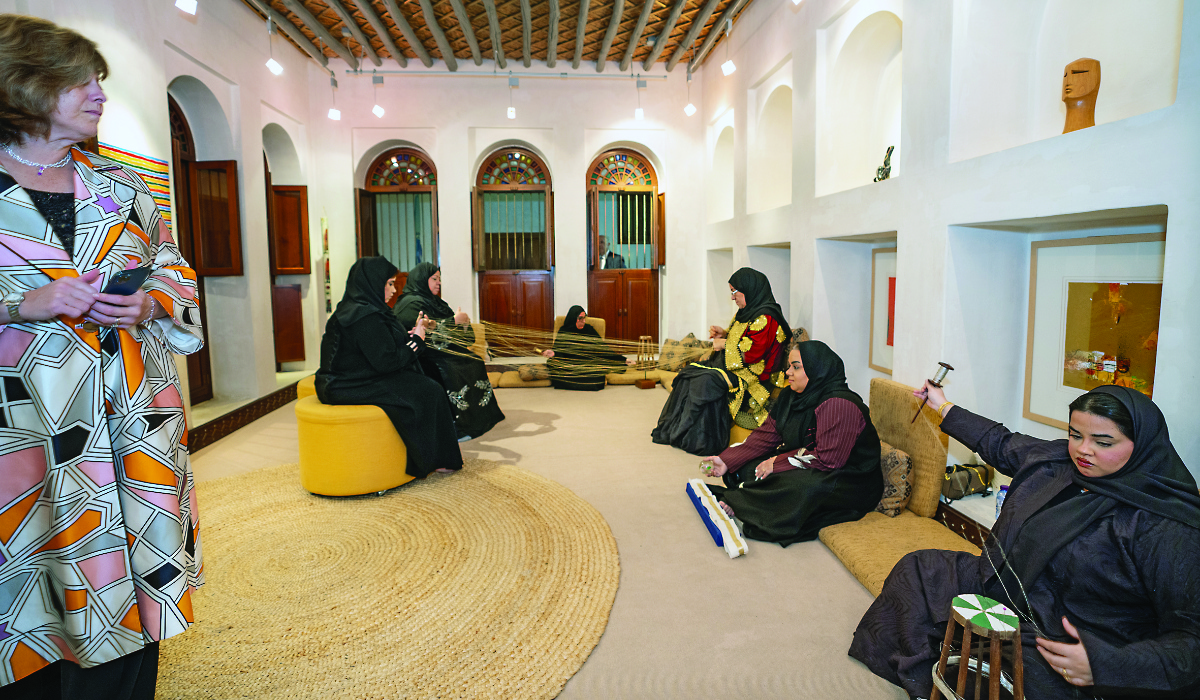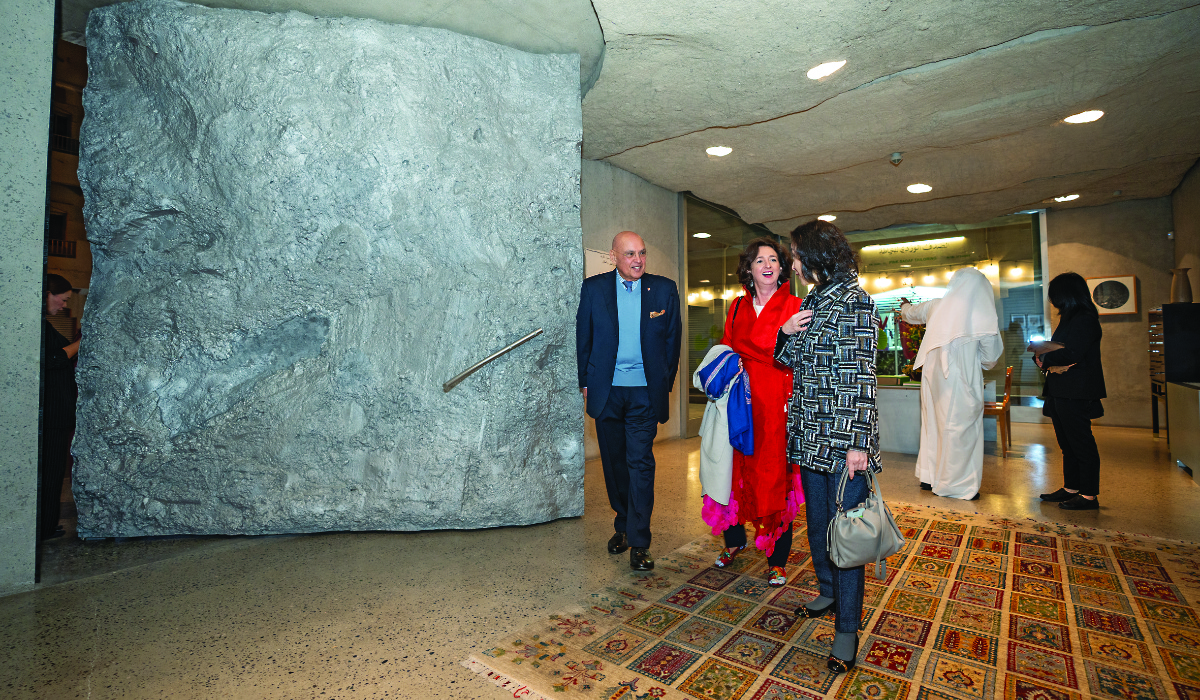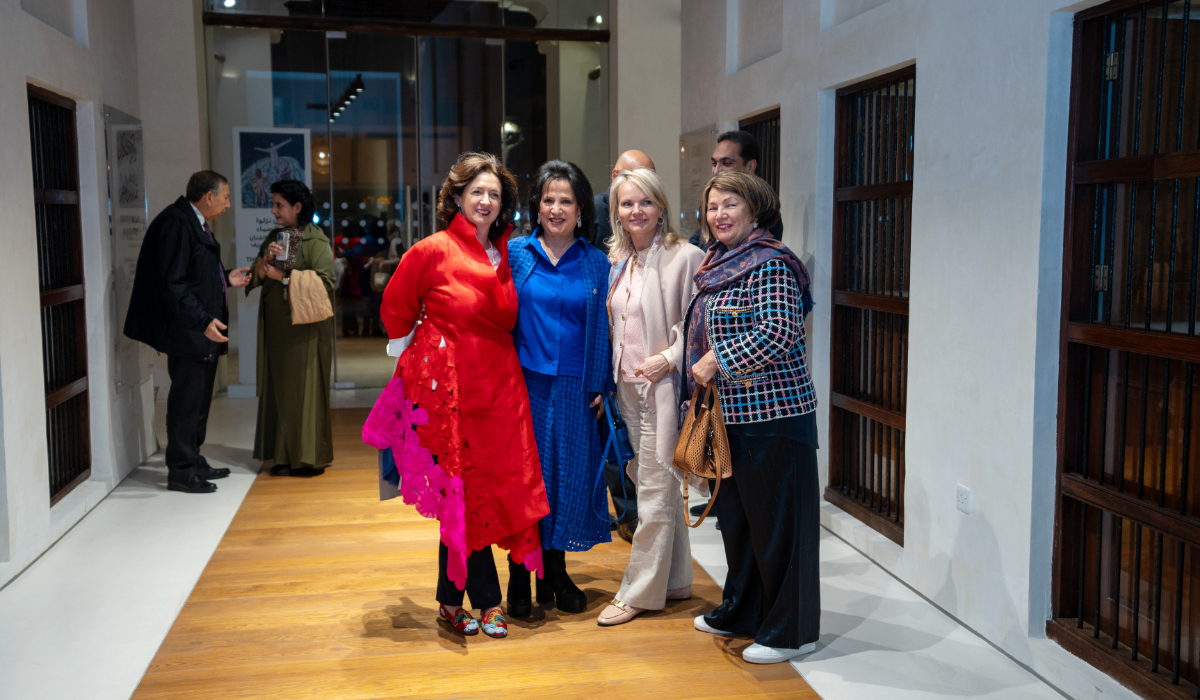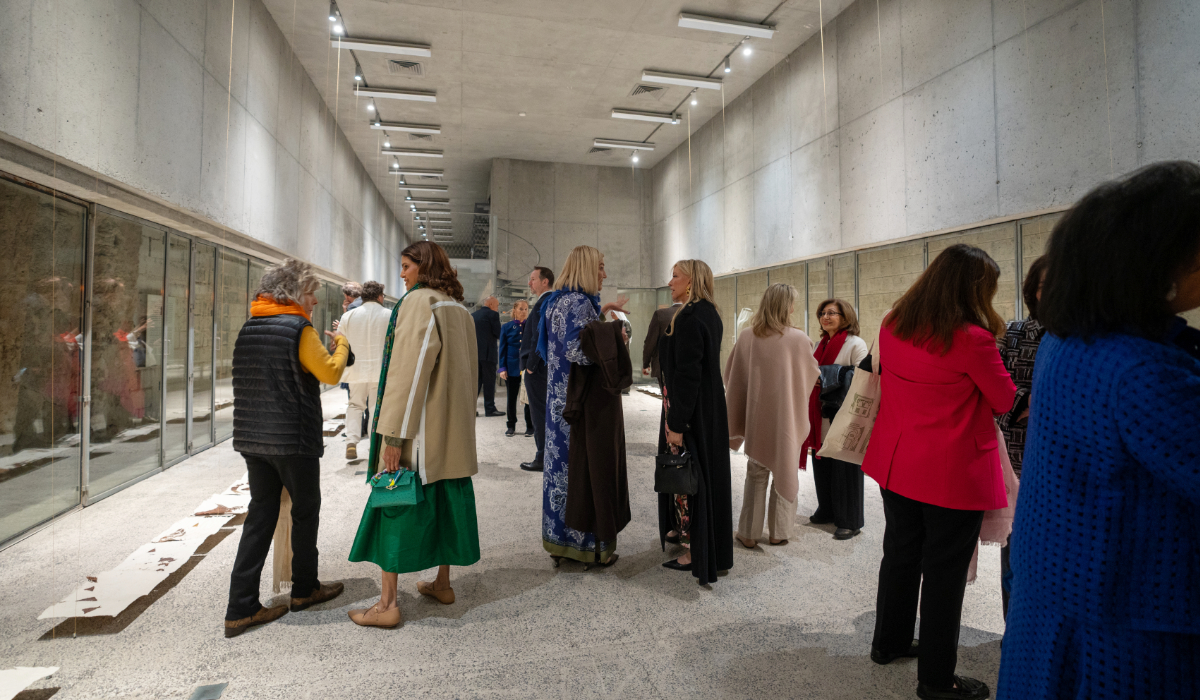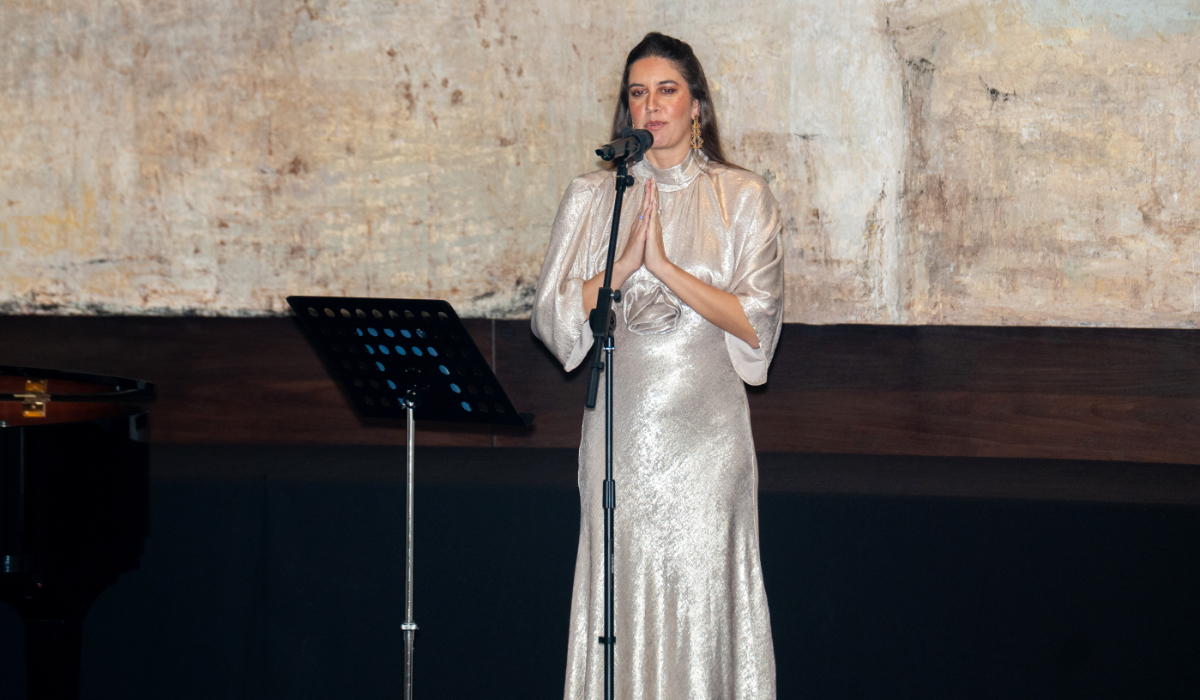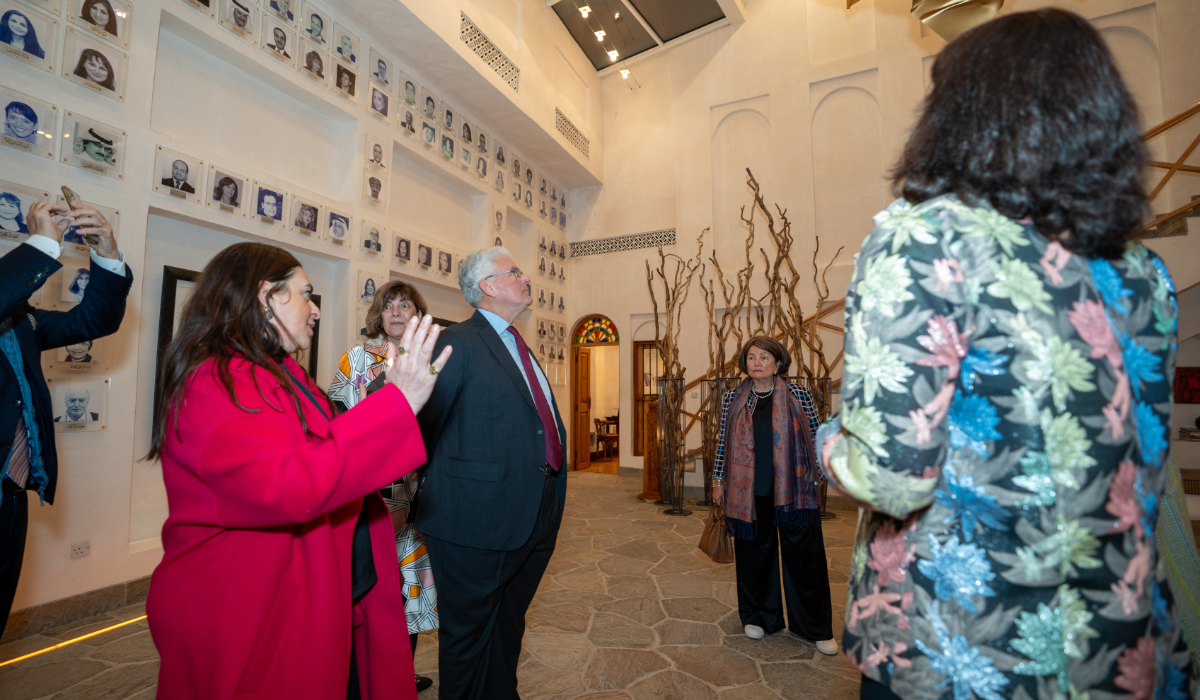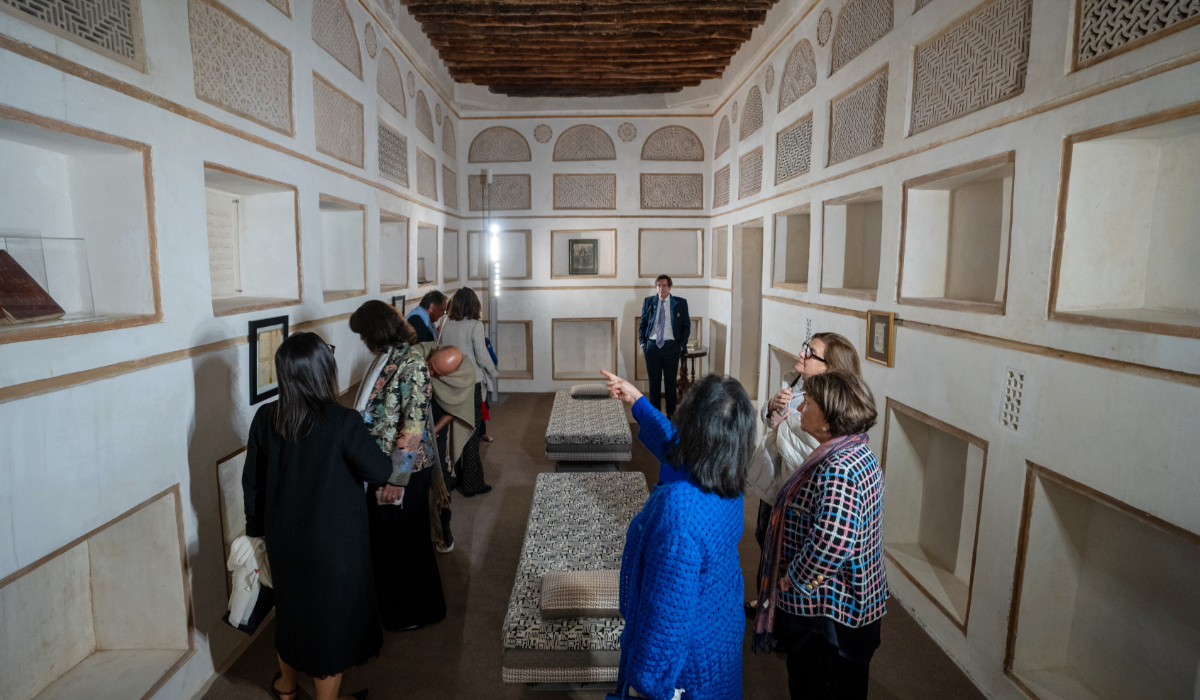MAKKAH: In Makkah during Ramadan, pilgrims and visitors get the chance to tuck into traditional Saudi Arabia dishes representing the diverse heritage of the Kingdom’s regions.
Most iftar spreads in the holy city feature authentic Saudi Arabia cuisine including edam, kabsa, saleeg, haneeth, qusaran and jareesh, along with staples from other parts of the world.

For visitors and pilgrims, sampling traditional Saudi iftar staples is a way to explore the diverse flavors of the Kingdom. (Visit Saudi/Supplied)
Saudi Arabia chef Elaf Al-Sharif spoke to Arab News about the importance of incorporating national dishes at hotels and restaurants: “Highlighting Saudi culture through food, flavors and spices is essential. Introducing these culinary traditions not only garners widespread approval from all parts of society but also captures their attention, prompting them to seek these dishes daily, especially during Ramadan.”
Noting the changing landscape of the culinary industry, she added: “It’s important to preserve our identity and cultural heritage through food, so there’s a need for the strong presence of Saudi dishes.”

Wed Saleh, Saudi chef
According to Al-Sharif, Saudi Arabia’s cuisine should be made more accessible for pilgrims and visitors. “The variety of Saudi dishes is vast, spanning across all regions of the Kingdom. They represent a significant culinary wealth, yet often remain not utilized in promoting our culture, customs, and traditional upbringing.”
Food is a universal language uniting people from diverse backgrounds.
Wed Saleh, Saudi chef
Tourism is a great pathway to exploring and celebrating cultures of the world, she said. “Travelers to nations such as Italy frequently observe a strong sense of pride in the cuisine that has been passed down through the years. They believe their ancient recipes to be essential cultural elements and sources of wisdom, which is why they faithfully preserve them.”
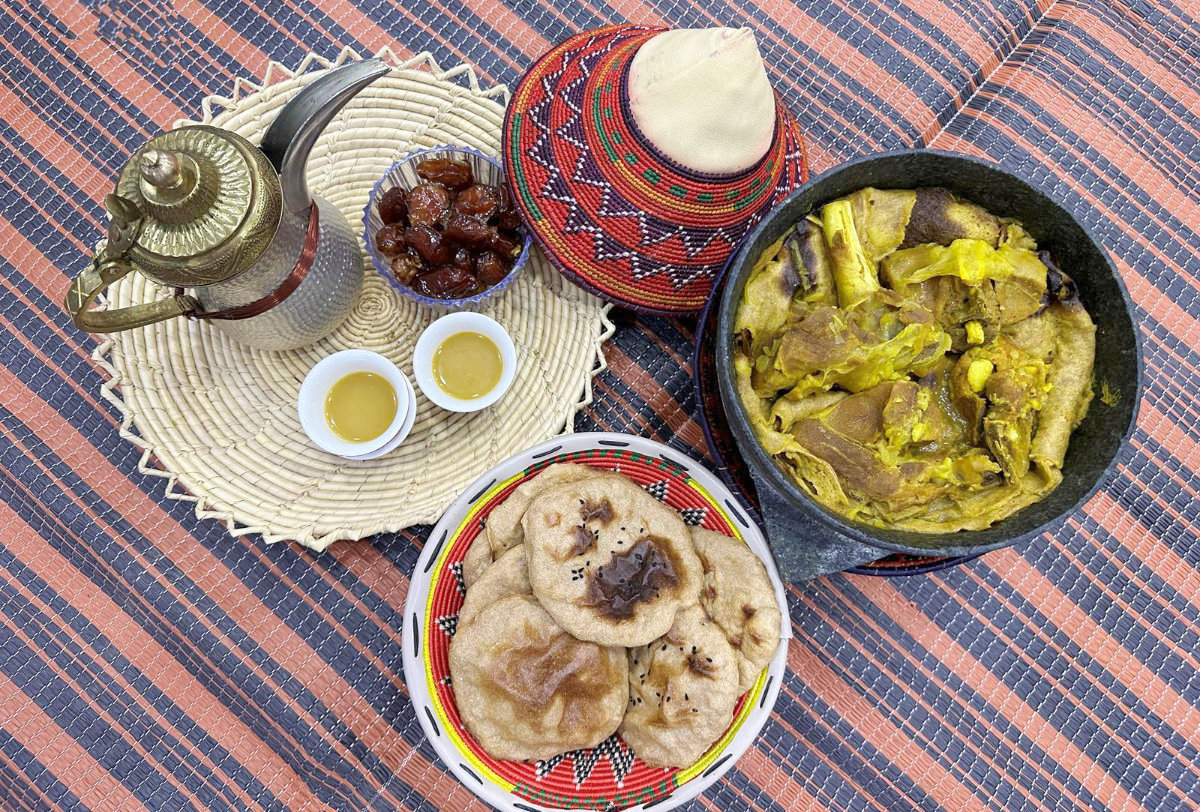
For visitors and pilgrims, sampling traditional Saudi iftar staples is a way to explore the diverse flavors of the Kingdom. (SPA)
She said the Italians may modify their dishes to meet contemporary expectations, but “they steadfastly maintain the unique, original flavors.”
Al-Sharif explained that this reflects “our own desire to honor and maintain the culture in which we were raised while embracing modern presentation techniques that elevate rather than diminish the food’s genuine flavor.”

Elaf Al-Sharif, Saudi chef
Through her work in the culinary industry, Al-Sharif said she had met visitors and pilgrims from various backgrounds who were fascinated by the wide variety of Saudi Arabia’s dishes.
“The culinary diversity enhances the appeal of exploring the Kingdom’s regions and indulging in local cuisine as the variety ensures a dynamic rather than monotonous or boring dining experience.”
It’s important to preserve our identity and cultural heritage through food, so there’s a need for the strong presence of Saudi dishes.
Elaf Al-Sharif, Saudi chef
Street food is another way to preserve a city’s culinary heritage, she explained. “In Madinah, visitors eagerly sample street food rather than dining at renowned restaurants. In many Arab countries one often discovers the most exquisite and flavorful dishes nestled within the busy streets, showcasing the beauty and authenticity of local culinary culture.”
Arab News also spoke to Saudi Arabia chef Wed Saleh who said that the holy month of Ramadan brings people and cultures together, especially during iftar. “Food is a universal language uniting people from diverse backgrounds. Pilgrims and visitors eagerly seize this opportunity to explore new dishes … these transformative experiences linger long after they return to their families and homelands.”
Saleh echoed Al-Sharif’s view of the hospitality industry: “Hotels in Makkah are engaged in a creative competitive display of Saudi dishes, from saleeg and jareesh from Taif to other iconic dishes that represent the Kingdom’s regions. These establishments regard Saudi cuisine as a prized offering for their visitors.”
Serving food in the hotels and restaurants of Makkah and Madinah comes with its own challenges, Saleh said: “The establishments must ensure that the meals are served taking into account the hustle and bustle, especially in the areas near the Grand Mosque.”
She added: “It’s important to preserve their historical significance and authentic flavors, without altering their traditional recipes, so that pilgrims may enjoy the traditional experience.”
Pilgrims and visitors carry these cultural experiences forward, she added. “The newfound appreciation often leads visitors to adopt and replicate Saudi dishes in their own countries following their visit.”















